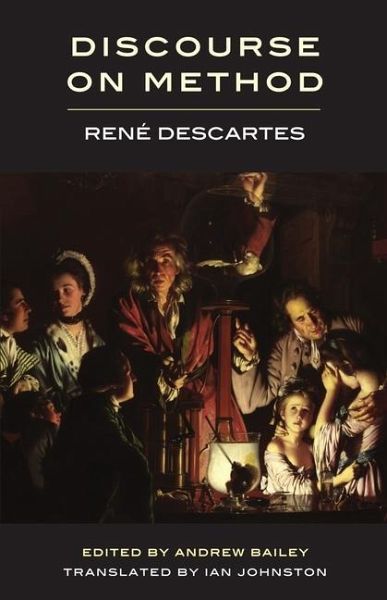

It seems impossible to reconstruct the world view in one day (as Descartes claims) and create a new vision of reality. By this project, Descartes hopes to create a new understating of science and scientific research based on logic and doubt. The central topics here are the doctrines of intuition) and deduction, and it is in these that the novelty of Descartes’ account resides.

Rules then set out the two operations that the method relies upon, namely intuition and deduction. Having established the unity of knowledge Descartes sets out why we need a method if we are to succeed in our inquiries, holding up the mathematical sciences as models in virtue of the certainty of their results. The material from the third stage is above all concerned with the mechanistic construal of cognition, although the final, incomplete, Rules return to more directly methodological concerns and appear to describe, in a general way, mathematical procedures that are set out much more fully in the Geometry. The material sets out rules of method which go beyond specifically mathematical concerns, and it draws on areas as diverse as rhetoric, psychology, and dialectic. By this project, Descartes aimed to stipulate norms and principles of science and its main functions which help a researcher to create new knowledge. The first move that Descartes makes is to undermine the doctrine of the four elements by carrying out a reduction. The work Discourse on the Method appeared in 1637.


 0 kommentar(er)
0 kommentar(er)
